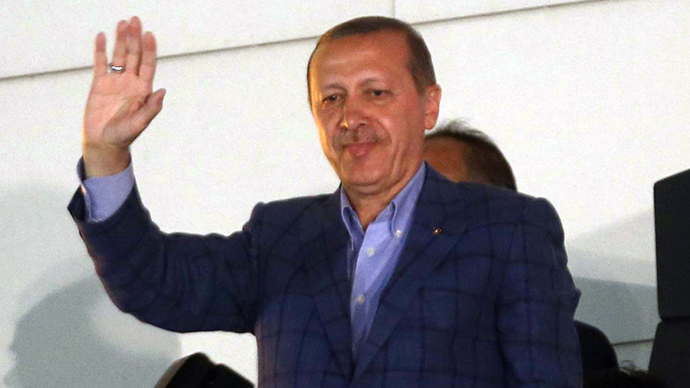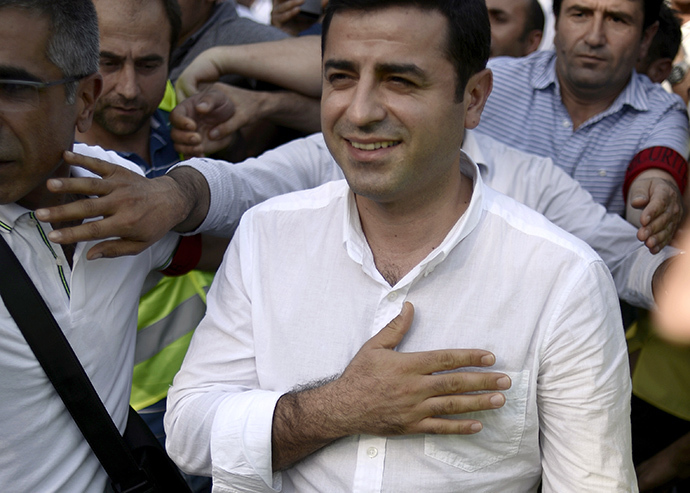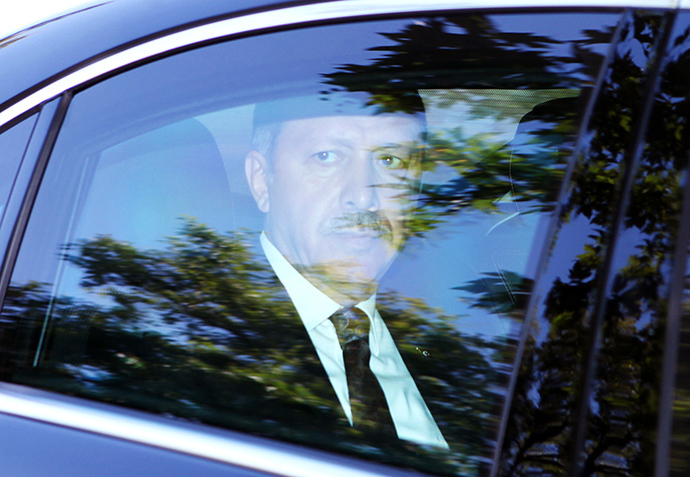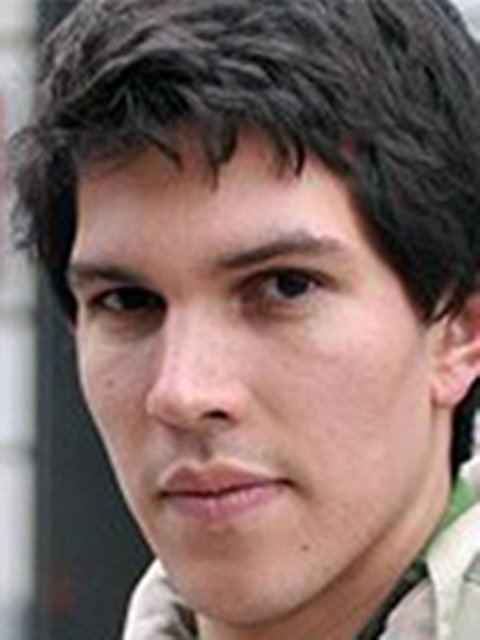Order prevails in Ankara

In his 11 years in office as Turkish Prime Minister, Recep Tayyip Erdogan has faced many challenges, but this election was not one of them.
The incumbent PM won the first directly-elected presidential elections with 51.95 percent on Sunday evening, consolidating his power further.
From the balcony of the Freedom and Justice Party’s (AKP) headquarters, Erdogan proclaimed himself to be an “active president” in “a new era for Turkey” – words which would have sent shudders down opponents’ spines.
But his tone was also unusual conciliatory. Turkey has been deeply polarized since the Gezi protests in June 2013 and subsequent scandals. New geo-political challenges threaten the stability throughout the region. Erdogan understands one thing: the integrity of the Turkish nation-state could quickly be at stake.
Erdogan’s pronouncement that he will be the president of 77 million inhabitants was a dog whistle to the opposition. In doing so, he has set the parameters of his own future success. How will he deal with the opposition in coming months and years? Will we see a repeat of blaming foreigners for legitimate protest? We will see him continue the use of violence when opposed by religious, ethnic and political minorities?
Where’s the opposition?
The Kemalist CHP fielded a candidate whom most Turks will not have known. Unsurprisingly, Ekmeleddin Ihsanoglu was an unworthy opponent to Erdogan and the AKP machine. The result of 38.34 percent is anything but impressive, especially given the fact that he was jointly supported by the Kemalist CHP, the fascist MHP and a number of smaller right-wing and nationalist groups.
In the millions, voters are turning away from the CHP. Their presidential campaign as well as the preceding one in the local elections does not reflect the reality of the popular masses. They understand that Ihsanoglu does not pose an alternative to the neoliberal economic model of the AKP.
Selahattin Demirtas’s popular vote of 9.71 percent confirms that such an alternative is wanted. The leftist-Kurdish leader of the newly-founded HDP successfully doubled the number of votes received in the local elections in March. His votes in industrialized cities of western Turkey Istanbul, Ankara and Izmir indicate that he was able to gain support beyond the traditional Kurdish section of the population. It appears that the spirit of the Gezi revolt has long been extinguished but the political mood has changed.

His electoral campaign showed that the memory of the Gezi Park protests has not faded into oblivion. He successfully united Muslims, Christians, Alevis, leftists, LGBTQ groups, ecologists, peace groups and others behind his campaign. Politically, he called for scrapping of the influential centralized bodies like National Security Council (MGK), essentially a cabinet meeting for ministers and generals, and the Religious Affairs Council (Diyanet), which publishes weekly sermons for the Sunni majority and does nothing for anyone else.
While the opposition previously had succeeded in changing the parameters of Turkish politics during the Gezi protests more than a year ago, they have not changed them once and for all. Erdogan’s recipe of Islamic-conservative values has successfully tied in sections of the popular classes. His alliances with business men and capitalist entrepreneurs have helped to finance the party, and comparatively high levels of economic growth have left some crumbs for those at the bottom of Turkish society.
Overcoming obstacles
Regardless of what one may think about Erdogan, he is a master in overcoming obstacles. He seemingly mastered every single oppositional challenge in the last 12 months.
More than a year ago when the Gezi protests swept the Turkish state in June 2013, many believed that this would hail Erdogan’s end. However, Erdogan came out stronger, despite the fact that peoples from all ethnic, religious and political background came together in an unprecedented way. His remarks that the Gezi protests were “a foreign plot” did not necessarily harm him or the AKP. In fact, it strengthened his hand and popularity with its working class base. The protesters were not able to break Erdogan’s hegemony.
Even the corruption scandal surrounding Turkey’s AKP government and PM Erdogan in December could not stop him. The CEO of Halk Bank was found to have kept more than $4.5million in laundered money in shoe boxes, and Erdogan forced to might replace 10 (out of 26) government ministers. Yet the crisis and the ensuing havoc on the stock markets and a Turkish lira at an all-time low did not damage his popularity.

Earlier this year, Erdogan threatened to pass a new law which would allow the government to block internet pages without a court order. Once again protests amassed to confront the authoritarian move by the AKP. Following the bill’s approval at the beginning of February Erdogan had just banned Twitter and blocked YouTube. Arguably, this deepened the rifts inside the AKP as President Abdullah Gül circumvented the ban and tweeted that he had been against this policy all along. Nonetheless, Erdogan prevailed.
When a fire in Soma killed 301 miners, government opponents’ outrage and indignation reached new dimensions. Erdogan did not even bother to issue a standardized note of condolence. Instead he relativized the whole story by labelling this an “operational accident” which “occurs constantly.” Even these ignorant statements did not cause people to turn away from him.
What’s ahead?
Not even Erdogan can overcome all these obstacles without any collateral damage. Erdogan’s victory speech showed us that he is well aware of it. In the past, Erdogan has thrived off political polarization and the battles it creates.
Yet it is questionable whether he will master new challenges ahead. The Kurdish peace process is on ice. With ISIS advancing eastwards, the Kurdish question could develop into a new fault line as actors hostile and favorable to the Kurdish cause re-negotiate the question on new terms, making a sovereign Kurdish state more likely in the near future.
The promised EU accession is also far off. Indeed, it has never been very clear whether Erdogan wanted it in the first place. After the violent repression of political protests in Turkey, Brussels seems less keen on Turkey’s EU membership. The consequences for Erdogan are null as long order prevails in Ankara.
The statements, views and opinions expressed in this column are solely those of the author and do not necessarily represent those of RT.
The statements, views and opinions expressed in this column are solely those of the author and do not necessarily represent those of RT.












